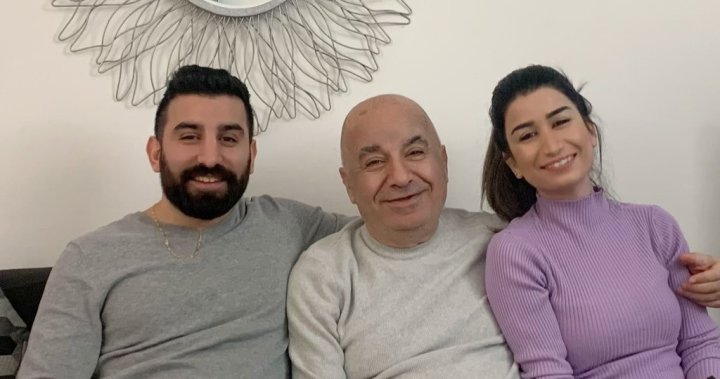Cuba issued an apology after mistakenly sending the wrong remains to Canada following the sudden death of a Laval man on vacation. The mix-up was described as an “unfortunate incident” by Cuban foreign affairs minister Bruno Rodríguez, who said that authorities in Cuba are investigating the matter. He expressed condolences and apologies to the family and friends of the deceased Canadian and stated that he had been in contact with Canadian Foreign Affairs Minister Mélanie Joly regarding the situation.
The Jarjour siblings recounted the events leading up to the mix-up, stating that their father had suffered a sudden heart attack in the water while on a family trip in Cuba. Despite confirmation of his death by a doctor and his removal from the beach, the family faced challenges in bringing his remains back to Canada. After being informed that they could not return on the same flight as their father’s body, Miriam Jarjour paid $10,000 to ensure his remains would be transported back to Canada. However, upon the arrival of the casket at the Montreal airport, the family was shocked to find that the remains did not match their father’s description.
The family discovered that another man’s body had been sent to Canada instead of their father’s. The misidentified body was returned to Russia, leaving the Jarjour family in a state of uncertainty regarding their father’s whereabouts. This mix-up led to the cancellation of the funeral and added to the emotional distress that the family was already experiencing. Despite the challenges they faced, the family expressed their sadness over not knowing the fate of their father and the impact this has had on their grieving process.
Canadian Foreign Affairs Minister Mélanie Joly also addressed the mistake on social media, expressing her concern for the difficult situation that the Jarjour family was facing. She assured that Canada would continue to support the family until the situation was resolved. The mix-up and subsequent mishandling of the remains have drawn attention and sparked discussions about the handling of deceased individuals during repatriation processes. The need for improved communication and protocols in such situations has been highlighted by this incident.
The public statement issued by Cuban foreign affairs and the involvement of Canadian authorities in addressing the situation demonstrates a commitment to resolving the issue and providing support to the affected family. The handling of the remains during repatriation processes is a sensitive matter that requires proper communication and adherence to protocols to prevent mix-ups and misidentification. The misfortunes faced by the Jarjour family serve as a reminder of the importance of transparency, accountability, and compassion in dealing with such delicate situations. It is hoped that lessons will be learned from this incident to prevent similar occurrences in the future and ensure that families are not subjected to further emotional distress during times of grief.


